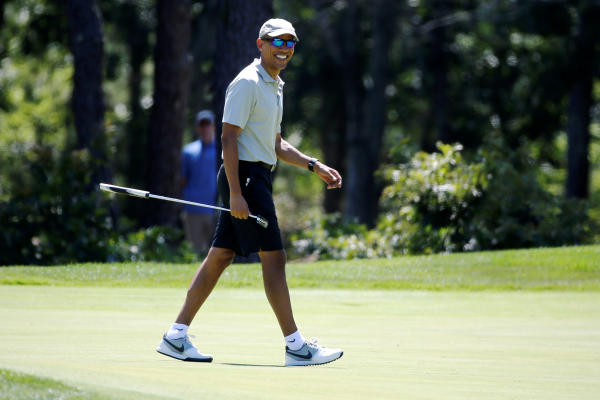The upcoming US elections are considered unusual by all standards. This is not only because one of the contestants is a boisterous businessman who has nothing to do with political affairs and the second is the first woman to try her luck as a candidate for the presidency, but also because the world has changed a lot in light of the near absence of US leadership during Barack Obama’s presidency.
The Middle East has become an explosive volcano, plagued with war and chaos. Terrorism has spread and is an unparalleled threat to the world. Europe is also experiencing serious crises; there is a rising tide of extreme nationalism, immigration is threatening its social and political systems and the European Union is at risk of disintegrating. In addition to this, the old western front against Russian influence may not survive without a strong new US administration. There are conflicts in the South China Sea which have finally exploded and tensions have reached an unprecedented stage. This has turned President Obama’s dream of Atlantic cooperation into a nightmare of conflicts over islands, borders and resources.
These are all issues that the next president will inherit, whether that is Trump or Clinton. Can the next president continue with Obama’s isolationist approach or will he/she revive the principle of defending interests and the role of the global policeman?
Events during the seven difficult years of the Obama administration have demonstrated that a lack of intervention and active participation has not decreased the dangers that the United States is faced with. ISIS is more dangerous today than Al-Qaeda was yesterday, and the terrorist group has grown as a result of full US withdrawal which has left it free to spread in Iraq, Syria and Libya.
A new American president might not resolve these issues. However, the will to cooperate with other countries to stop the conflicts and stop their flames from spreading is necessary. This optimism does not reduce the extraordinary global anxiety surrounding the US elections that will take place less than three months from now due to Donald Trump whose extremist views have spread. However, we realise that the United States is a state of institutions that are not governed by the whims of individuals. The president can only work within institutional frameworks, whether he/she decides on intervention or isolationism.
The United States has more than 600 military bases in about forty countries and has an arsenal of weapons to destroy the world many times. The arsenal is governed by laws and regulations that prevent the president from doing as he likes.
The president is required to obtain the approval of legislative institutions before launching a war despite being the Supreme Commander-in-Chief of the Armed Forces. The president must also gain the favour of many centres of influence with the support of a large proportion of the American people. Therefore, the rise of individuals such as Trump should not be feared, no matter how much they exceed the bounds when talking about their approaches to the management of international relations.
